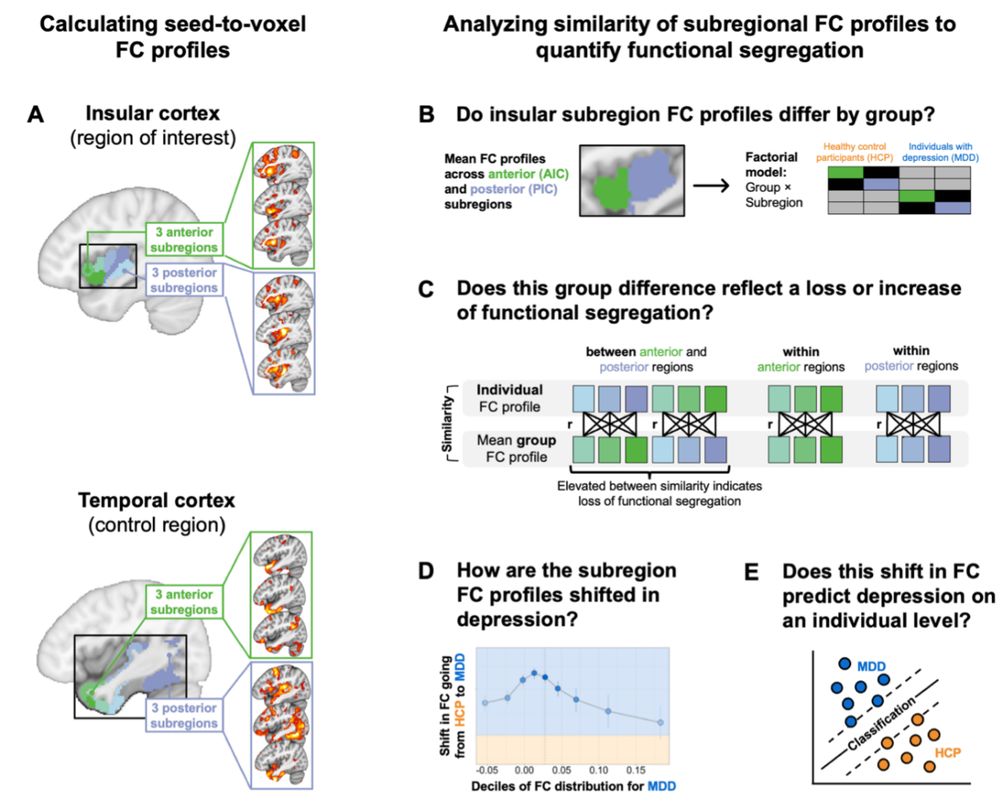Josephine Flockton
@jflockton.bsky.social
64 followers
120 following
5 posts
Cog Neuro PhD @york.ac.uk 🧠 Using MEG/OPM & EEG - interested in Predictive Coding, AI/ML, Consciousness, & ASMR
Posts
Media
Videos
Starter Packs
Reposted by Josephine Flockton
Reposted by Josephine Flockton
Reposted by Josephine Flockton
Reposted by Josephine Flockton
Reposted by Josephine Flockton
Reposted by Josephine Flockton
Reposted by Josephine Flockton
de Gee lab
@degeelab.bsky.social
· Sep 5
Reposted by Josephine Flockton
Reposted by Josephine Flockton
Mariam Aly
@mariamaly.bsky.social
· Aug 25

Hippocampal mismatch signals are based on episodic memories and not schematic knowledge | PNAS
Prediction errors drive learning by signaling mismatches between expectations and
reality, but the neural systems supporting these computations rem...
www.pnas.org














